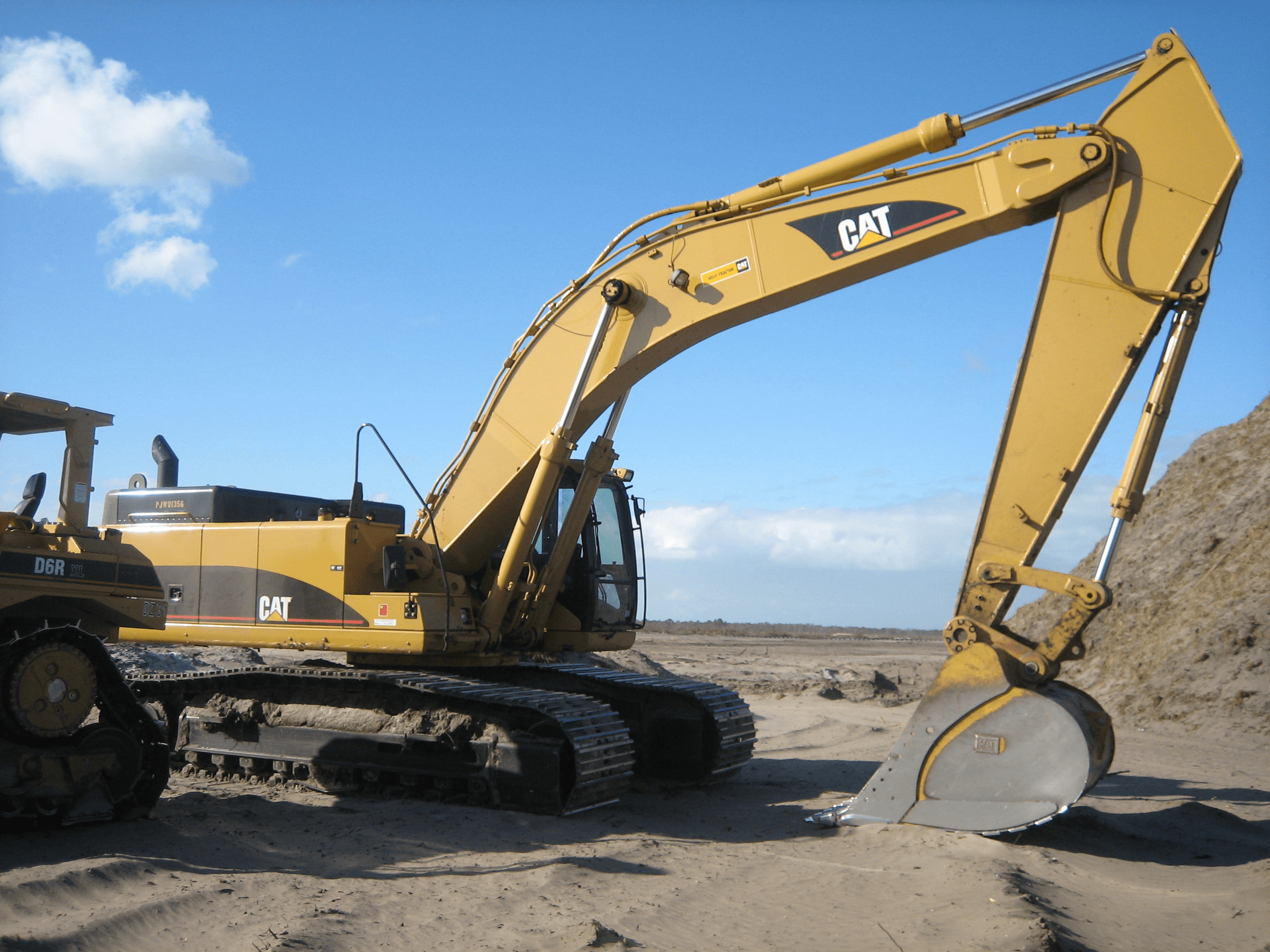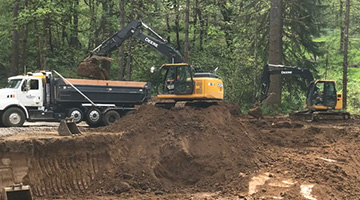Comprehensive Excavation Techniques: Grasping the Fundamentals for Success
In the world of construction and civil design, the significance of efficient excavation approaches can not be overstated. The cautious preparation, specific execution, and precise focus to information required in excavation jobs demand a detailed approach that encompasses different basic aspects. From initial soil evaluation to the application of safety and security steps and regular development monitoring, understanding these core aspects is vital for accomplishing success in any type of excavation undertaking. Nevertheless, real mastery lies not simply in recognizing these principles yet in seamlessly integrating them to navigate the intricacies of excavation tasks with skill.
Understanding Excavation Project Planning

The preliminary stage of any kind of excavation task is the planning stage, where vital choices are made that can significantly impact the result of the job. Recognizing the project timeline, spending plan, and extent restrictions is important for developing a thorough excavation strategy that makes sure the job's success.
One trick element of excavation job preparation is the advancement of an in-depth timeline that lays out the series of tasks, due dates, and turning points. This timeline functions as a roadmap for the task group, allowing them to track progress and make necessary modifications to make sure the job remains on routine. In addition, a distinct budget that makes up all costs, including equipment rental, labor prices, and products, is important for avoiding cost overruns and delays. By meticulously considering all these factors during the preparation stage, excavation projects can be carried out effectively and properly, causing successful outcomes.
Soil Evaluation and Site Analysis
Carrying out comprehensive dirt evaluation and site assessment is a vital action in the prep work stage of any excavation job. Soil evaluation includes establishing the make-up, framework, and residential properties of the soil at the excavation site. This details is essential for recognizing the dirt's bearing capacity, moisture material, and capacity for disintegration, which are crucial variables in determining the excavation methods and devices needed for the job.
Website examination goes past dirt evaluation and encompasses a broader assessment of the general site conditions. This assessment consists of recognizing any kind of potential hazards, such as below ground energies, ecological worries, or unsteady surface, that can impact the excavation process. By extensively reviewing the site, project managers can establish reliable excavation strategies that focus on safety and security, performance, and ecological security.
Using sophisticated innovations like ground-penetrating radar, soil sampling, and drone studies can improve the accuracy and effectiveness of dirt analysis and site analysis. Spending time and resources in these initial actions can eventually save time and prevent costly hold-ups or issues throughout the excavation process.
Tools Selection and Application
Effective excavation tasks depend heavily on strategic tools selection and utilization to make certain ideal efficiency and productivity. Choosing continue reading this the best equipment for the job is crucial in optimizing effectiveness and decreasing downtime. Variables such as the sort of dirt, depth of excavation, and job scope play a considerable role in identifying one of the most ideal tools for the task at hand.

Along with picking the ideal tools, proper utilization is key to job success. Operators has to be trained to manage the tools safely and effectively - lancaster excavation. Regular upkeep checks and prompt fixings help avoid break downs and ensure regular efficiency check throughout the job
Security Procedures and Rules Compliance
In the world of excavation projects, focusing on safety and security procedures and compliance with regulations is paramount to ensuring a lawfully sound and secure functional environment. Safety procedures incorporate a series of practices, consisting of performing complete website analyses, implementing appropriate signs and obstacles, and offering adequate safety training for all personnel involved in the excavation procedure. Adherence to policies, such as OSHA demands in the USA, ensures that the excavation project satisfies the necessary criteria to secure workers, onlookers, and the surrounding environment.

Tracking Progress and Adjusting Strategies
Just how can predict managers successfully track the improvement of excavation projects and adjust their approaches accordingly to optimize results? Tracking progress is essential for making certain that excavation jobs remain on track and fulfill due dates. Task supervisors can make use of numerous tools and strategies to track development, such as daily report card, regular website examinations, and progressed tracking modern technologies like drones and general practitioners tracking systems. By continually monitoring the task's development, supervisors can identify any kind of potential hold-ups or issues early and take proactive procedures to address them.

Verdict
To conclude, mastering the principles of comprehensive excavation methods is crucial for the success of any kind of job. By understanding task preparation, analyzing dirt and site problems, choosing ideal tools, complying with safety and security regulations, and checking development, project managers can guarantee a smooth and reliable excavation process. Carrying out these methods will lead to effective end results and lessen possible dangers or troubles during the excavation job.
The initial phase of any kind of excavation project is the planning phase, where critical choices are made that can significantly influence the end result of the task. Understanding the job extent, timeline, and budget constraints is important for developing a comprehensive excavation plan that makes sure the task's success.
How can project managers successfully track the advancement of excavation projects and adapt their techniques appropriately to maximize end results? By very closely this article monitoring progress and being willing to adapt methods, job supervisors can improve the total success of excavation projects.
By comprehending project preparation, evaluating soil and site conditions, picking appropriate devices, abiding with security laws, and checking development, task supervisors can make sure a smooth and effective excavation procedure.